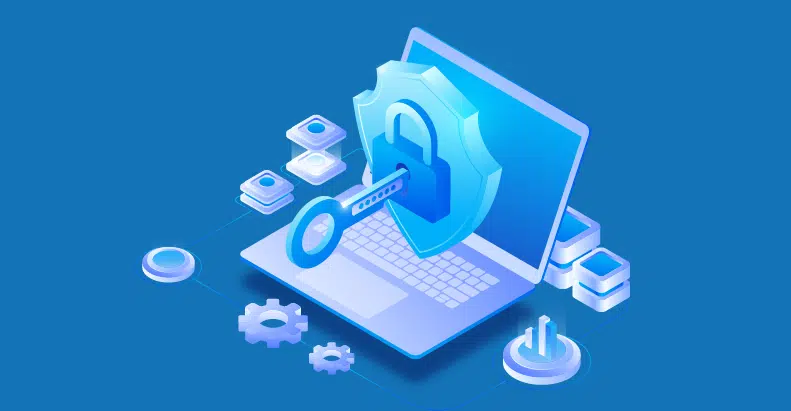Securing Your Business: Exploring Info Sec Services

- February 15, 2024
- admin
In today’s digital world, information security (or simply said, Info Sec) is essential for protecting personal information. As more and more sensitive details are stored online, the need to use a security operations center (SOC) is becoming more urgent.
Choosing the right security risk management services protects the privacy of your clients and keeps you away from legal liabilities. In this article, we will present a few types of data protection services that can help you secure your business.
Application Security
With these types of Info Sec services, companies can protect their apps and programs against attacks, ensuring the integrity and confidentiality of the users. This may include different practices and techniques, including identity and access management (IAM), encryption, security testing, and more.
Cloud Security
Cloud security services are gaining more traction these days as more people prefer to store their data on cloud platforms. With this type of Info Sec service, you shield your cloud platform and the assets from threats, putting a great emphasis on vulnerability factors such as public cloud.
Infrastructure Security
Infrastructure security protects the assets that support the safety and functionality of a network. This includes mobile devices, servers, data centers, and client devices. Considering the increasing connectivity across platforms, these types of network security services have become essential.
Endpoint Security
While infrastructure security focuses on the network, endpoint security deals with the protection of the device itself. This type of security service has the role of protecting various appliances such as desktops, tablets, laptops, and smartphones from becoming victims of cyber-attacks.
The system offers tools that can scan and process files for suspicious activity, addressing the threat once it is detected.
Incident Response
Incident response uses a series of tools and procedures to find and investigate a security breach. In the event of identity theft, phishing attacks, or malware incursion, incident response aims to reduce the impact of the breach and restore normal business activity. It identifies the problem, and contains and eradicates it, after which the system is restored to the pre-incident state.
Disaster Recovery
Should disasters occur, threat detection services also include the tools necessary for a business to reduce its losses. Should your business fall victim to events such as system failures or ransomware attacks, most cyber security services can help with strategies such as system restoration, information recovery, and resuming operations as usual.
Vulnerability Management
Each system has some vulnerability risks, which is why Info Sec services aim to limit them. By using this type of managed security services, companies can limit extra filtration and exploitation, protecting their websites and apps from cyber attacks.
This can be done through various techniques, the end purpose being to identify, document, and address a potential weakness in security.
The Bottom Line
Protecting the informational assets of your business is important for protecting your users and reputation. By following the proper data protection protocol, people will be more likely to trust you with their information and recommend your product.











